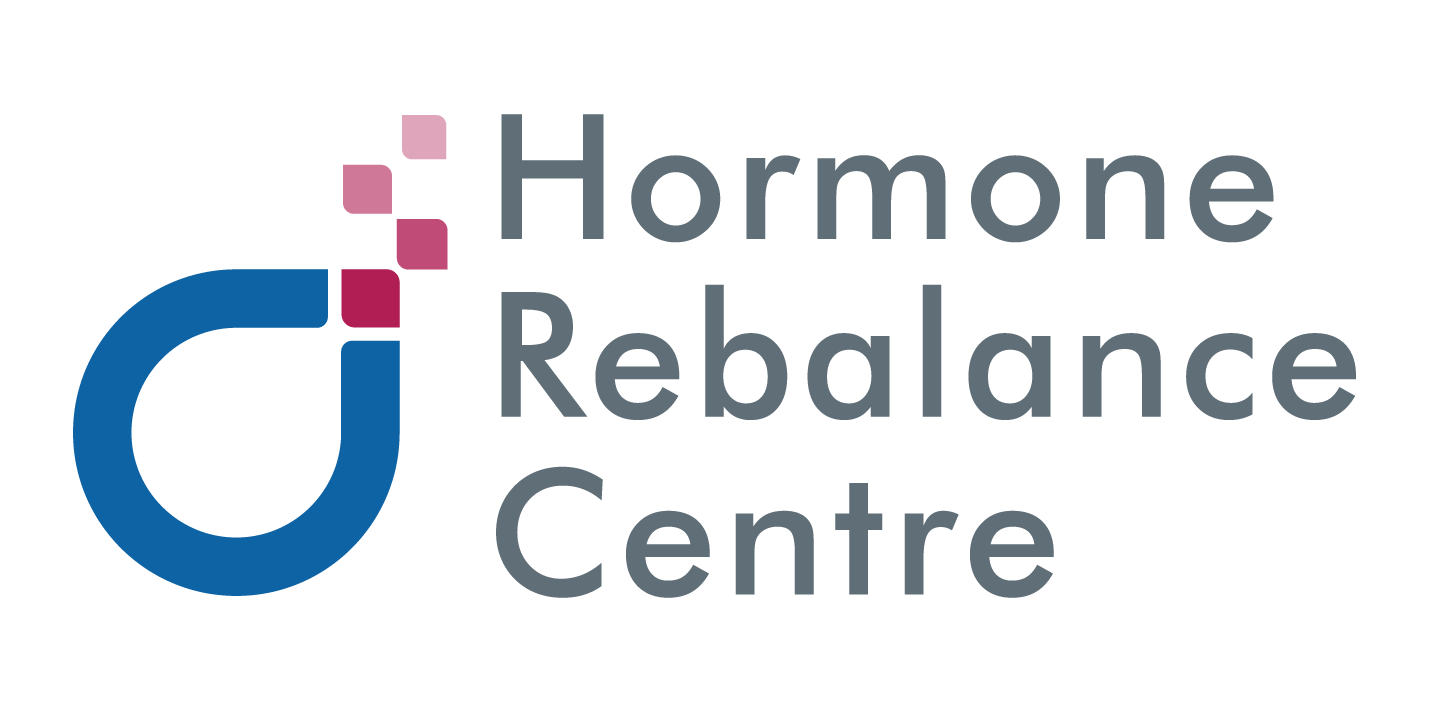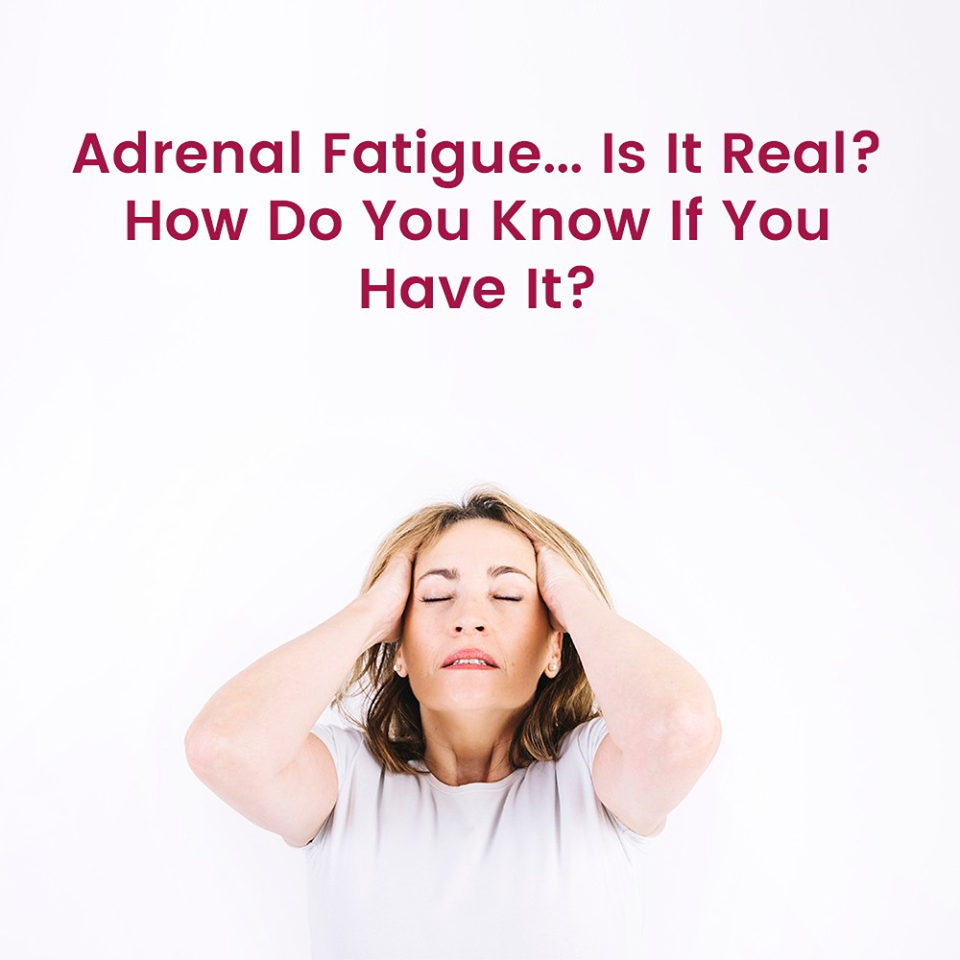What is it?
The Adrenal Glands, are two endocrine glands on top of your kidneys are responsible for producing a variety of hormones, most commonly known for adrenaline and cortisol, our stress hormones.
The term “Adrenal Fatigue” may cause some confusion. First of all, it’s important to note that it’s not a “medically” recognized diagnosis and is not something your medical doctor will likely be able to advise you on if you present claiming that you have it or want to test for it.
It’s not something you either have or you don’t, but rather something that to some degree we all struggle with, the severity of which can change over time. Look at adrenal fatigue as more of a collection of symptoms that you want to address rather than a diagnosis.
While the term “Adrenal Fatigue” may not be clearly defined, the idea that it stands for, which is dysregulation of cortisol production, our stress hormone, is very much a real concern and true physiological response in our body that can in fact be measured, caused symptoms and be assessed for.
Symptoms:
Since cortisol and our stress response impacts MANY systems in the body, symptoms are broad and can impact people differently. Common symptoms of cortisol being too high or too low, include:
- General fatigue and/or feeling “burnt out”
- Insomnia- difficulty falling asleep, waking up at night for no obvious reason (particularly between 2-4am) or waking up too early in the morning before your alarm
- Daytime sleepiness and crash
- Hypoglycemia (low blood sugar levels)
- Irritability and mood fluctuations
- Abdominal weight gain (check out the blog post on this topic!)
- Worsening PMS, period concerns and menopausal symptoms
- General body aches
- Loss of motivation
- Loss of sex drive
- Poor immune system (getting sick more frequently, slow recovery, allergies, eczema, autoimmune disease, etc.)
- Being unable to function without stimulants such as coffee
Cortisol changes during the day:
It’s important to understand that cortisol does not only get produced when you are under stress but it’s produced every day in a very cyclical pattern.
Within the first 2 hours of the day, cortisol production should be the highest and that should correlated with having good amount of energy to get the day going. Towards the afternoon cortisol should gradually decline (with no major drops of energy) and then be low enough at night so that melatonin, the sleep hormone, can take over and help you fall asleep. (see image below)
Those who struggle with night-time waking, can present with high waking cortisol and those who struggle falling asleep, can present with elevated night-time cortisol production. Low daytime cortisol production, as seen in the image below, can present as daytime fatigue and feeling unable to function without coffee or other stimulants.
We don’t want cortisol to be too high or too low for what it’s natural production should be during the day. Knowing your exact production at different points in the day, allows for a much more targeted treatment plan as we know if we are trying to boost or lower cortisol production and at what times during the day.
Suggested Testing Options:
Blood work: am cortisol – note that this is not a great marker to truly assess your cortisol production as it measures only one sample in the day, in what should be a pattern. However if it’s really high or low it will give you some indication of your imbalances
Saliva: 4-point cortisol testing will give you a good idea of your daily stress hormone production. It’s better than blood work however it does not measure as complete picture as does urine testing.
Urine test: in our office we most commonly use the DUTCH (Dried Urine Test for Comprehensive Hormones) to test 5-point daily free cortisol (active hormone) and free cortisone (inactive hormone) in a 24 hour period, total cortisol (to assess your total reserved), melatonin, DHEA (anti-stress hormone), and conversion index to measure the balance between the different stress markers in the body.
We find that this one of the most comprehensive tests to assess stress hormones and allows for the most targeted and individualized approach to healing.

In conclusion, we encourage people to be less concerned with the term Adrenal Fatigue, and instead focus more on the symptoms that are associated with it and how they can be corrected.
Request an appointment if you would like to learn more about your options, about testing and to take a holistic approach to correcting the symptoms of adrenal fatigue!
If you like this post, check out our Hormone Testing Cheat Sheet for more details about all hormones and how they play a role in your bothersome symptoms!



No Comments